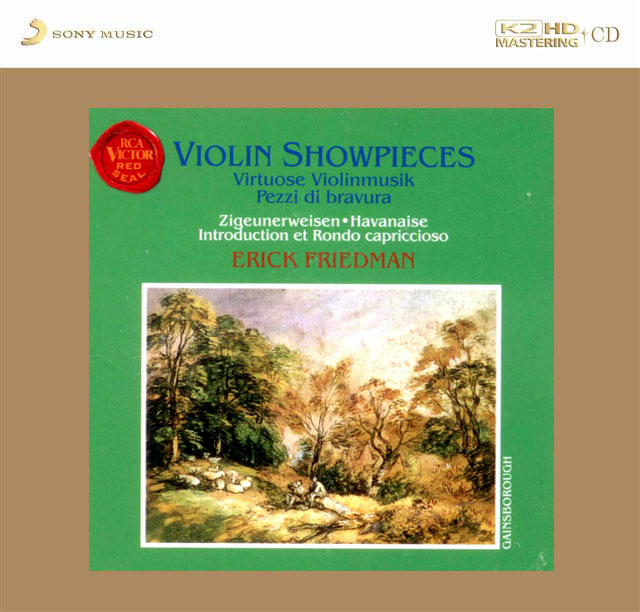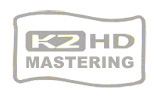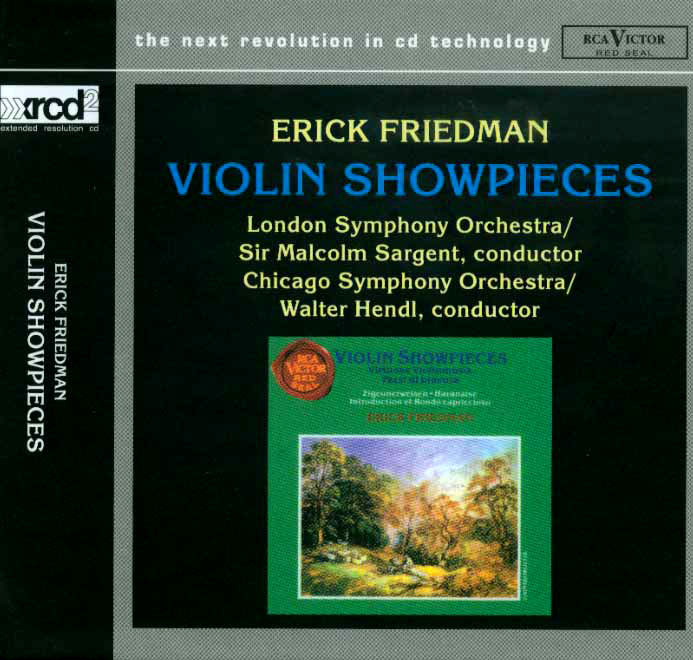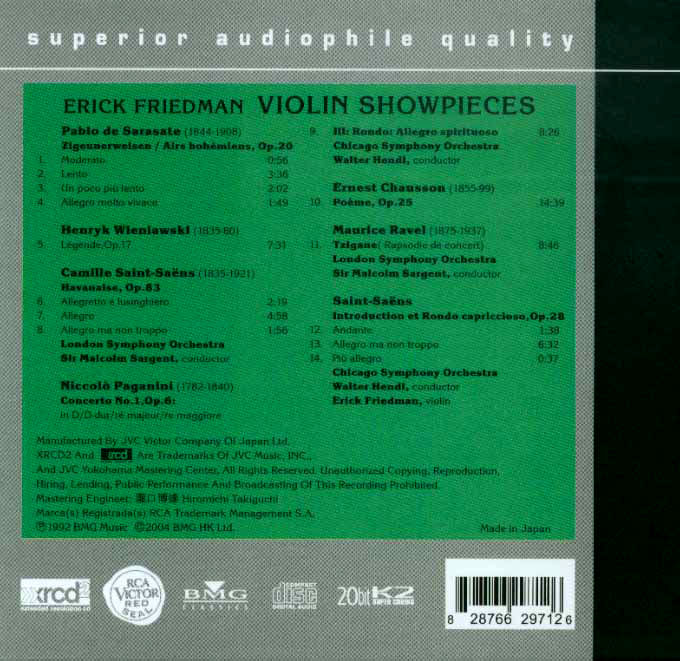Logowanie
Dziś nikt już tak genialnie nie jazzuje!
Bobby Hutcherson, Joe Sample
San Francisco
SHM-CD/SACD - NOWY FORMAT - DŻWIĘK TAK CZYSTY, JAK Z CZASU WIELKIEGO WYBUCHU!
Wayne Shorter, Freddie Hubbard, Herbie Hancock, Ron Carter, Elvin Jones
Speak no evil
UHQCD - dotknij Oryginału - MQA (Master Quality Authenticated)
Chesky! Niezmiennie perfekcyjny
Winylowy niezbędnik
ClearAudio
Double Matrix Professional - Sonic
najbardziej inteligentna i skuteczna pralka do płyt winylowych wszelkiego typu - całkowicie automatyczna
SARASATE, WIENIAWSKI, SAINT-SAENS, RAVEL, Erik Friedman
Violin Showpieces

- Erik Friedman - violin
- SARASATE
- WIENIAWSKI
- SAINT-SAENS
- RAVEL
EGZEMPLARZE NUMEROWANE
Erick Friedman (1939-2004) came to prominence as a Jascha Heifetz protégé when he recorded the Bach Double Concerto with his mentor. RCA subsequently signed Friedman to a contract, positioning him for a career. However, several incidents thwarted Friedman’s early momentum, including his unsuccessful bid at the 1966 Moscow Tchaikovsky Competition, after which RCA dropped him from the label. A serious auto accident sidelined Friedman for several years, but he fought back and resumed his activities. Friedman never regained his youthful stardom, but he remained a highly respected soloist, chamber player, conductor, and teacher for decades up until his death from lung cancer. Sony/BMG’s complete edition of Friedman’s RCA releases attests to the young violinist’s formidable powers. Friedman’s solo debut release generated critical excitement, as borne out by his blazing, ultra-secure, and charismatically stylish Paganini D major concerto (sound clip), coupled with an equally commanding Saint-Saëns Introduction and Rondo Capriccio. His follow-up album of encore-type fare lacks nothing in virtuosity, yet an earnest, hard-edged patina informs much of Friedman’s work, such as in the Tchaikovsky Sérénade mélancholique’s overphrasings, or in the overly driven Flight of the Bumblebee. By contrast, two unaccompanied Paganini Caprices (Nos. 17 and 21) abound with colorful élan, and the Castelnuevo-Tedesco Sea Murmurs mirrors Heifetz’s point and charm. Friedman’s strengths come into full focus throughout an album devoted to short violin and orchestra showpieces by Sarasate, Wieniawski, Saint-Saëns, Chausson, and Ravel, abetted by alert accompaniments that belie Malcolm Sargent’s latter-day reputation as a mere time beater. Friedman’s Prokofiev First Concerto was one of the work’s top stereo versions in the 1960s. Today the tempos seem slightly square and sedate, notwithstanding a vividly detailed orchestral framework via Erich Leinsdorf and the Boston Symphony. It was coupled with the composer’s Fifth Piano Concerto in a spiky, terse reading featuring soloist Lorin Hollander, whose other concerto recordings with Leinsdorf and the BSO also deserve reissue. It’s good to reconnect with Friedman’s warm, direct, and organically singing Bach sonatas, even if Bruce Prince-Joseph’s harpsichord support is less prominent in the mix than it should be. In the Chaconne from the D minor Partita Friedman takes a brisk basic tempo, where his insightful melodic pointing is interspersed with stiffly dispatched dotted rhythms. Friedman and pianist André Previn’s extroverted, highly rhetorical conceptions of the Franck and Debussy sonatas are not the most subtle around, and tend to sidestep these works’ classical dimensions and intimate, conversational moments; to hear Friedman shine in sonata repertoire, seek out his live Brahms, Strauss, and Beethoven recital with Nadia Reisenberg on the Romeo label. However, Friedman’s Tchaikovsky and Mendelssohn concertos with Seiji Ozawa and the London Symphony Orchestra remain points of reference. Friedman is on splendid, secure, and communicative form, while the LSO players shine by way of Ozawa’s rhythmic incisiveness and astute ear for balances. Like Heifetz, Friedman retouches the Tchaikovsky’s text here and there (the cadenza, for example), and observes the traditional Leopold Auer cuts in the finale. I close with a personal note: Friedman was the first famous classical musician I ever met. His mother lived around the corner from us in West Orange, New Jersey, where I was raised. I walked by the Friedman residence on my way to grammar school and back. Sometimes I’d hear violin playing coming from the house, and I’d stand in front, absolutely transfixed. One day I worked up enough courage to knock on the door. Mr. Friedman answered it himself, dressed in a long bathrobe, violin in hand. He couldn’t have been nicer to a budding music student whose family collected his records. Overall, a worthwhile reissue, and not just for rekindling happy childhood memories. – ClassicsToday (Jed Distler)
 Plyty K2HD do odtworzenia we wszystkich typach czytników CD oraz DVD. Nowe wcielenie technologii XRCD - jeszcze bardziej precyzyjne i... analogowe! Klasyczny high-end! |



































